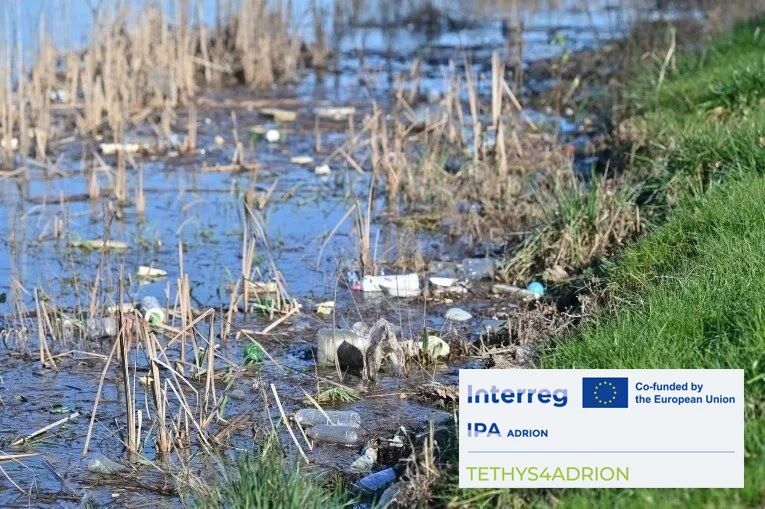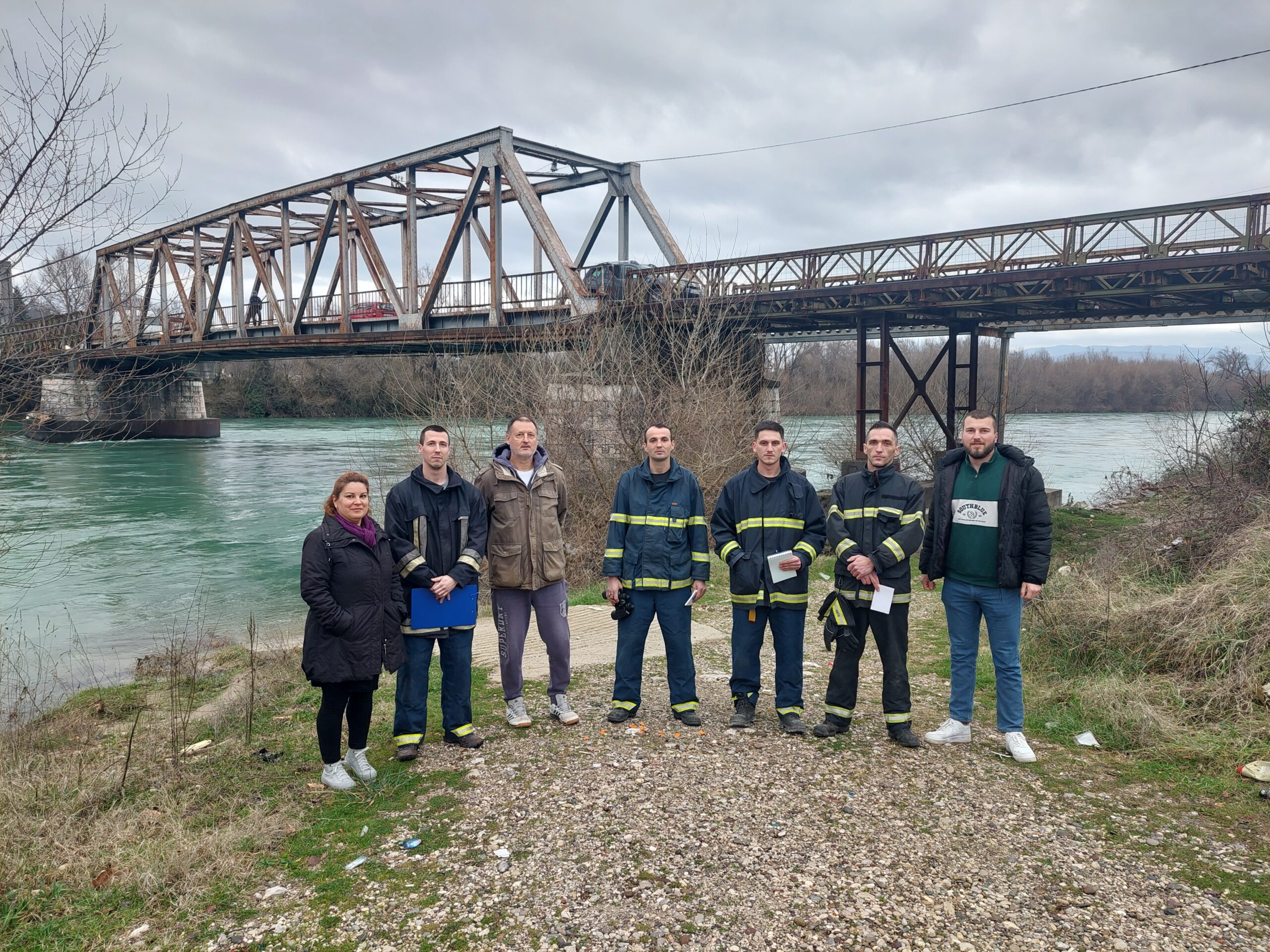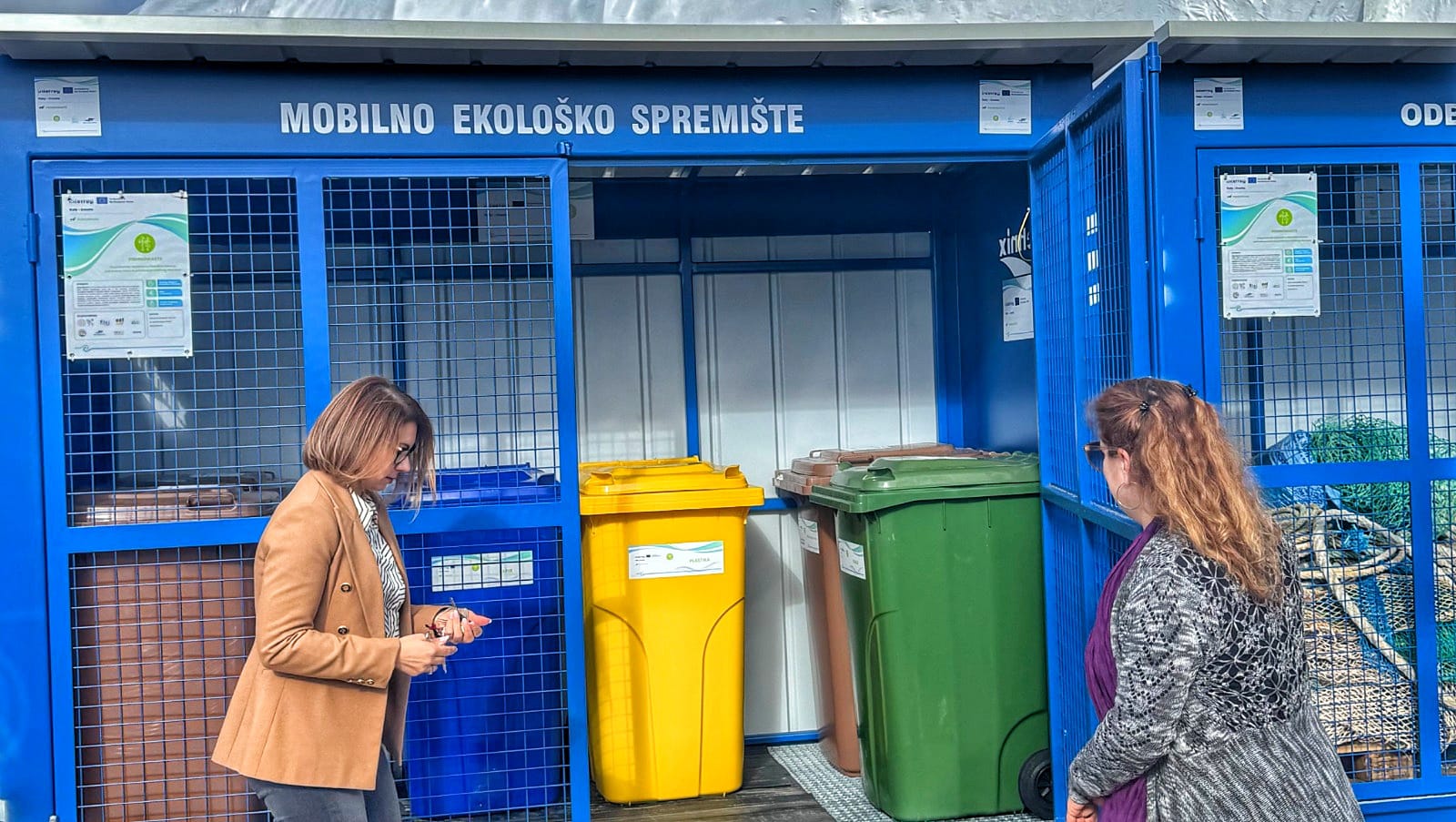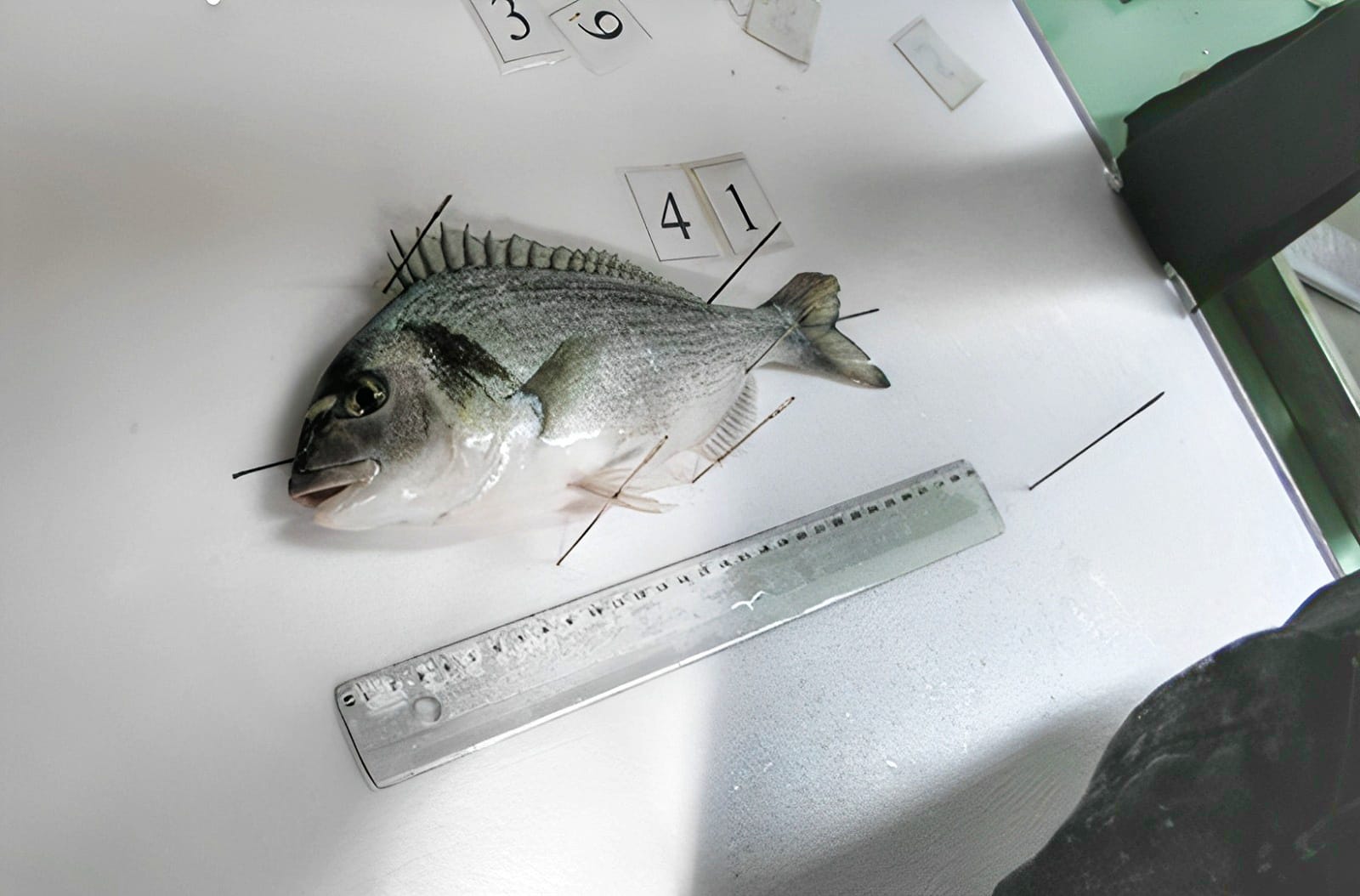Fishing is a source of various types of waste that can end up directly or indirectly in the sea, but it can also be an important factor in reducing this waste, both through its usual practices and through targeted initiatives such as “Fishing for Litter” (KRMA – Koćarski Ribolov i Morski Otpad). Marine litter is recognized as a global problem that threatens coastal and marine ecosystems around the world.
According to the United Nations Environment Program (UNEP), almost 70% of the waste that enters the sea from land ends up on the seabed and accumulates there for years. Monitoring of the composition of waste on the seabed in the Adriatic Sea in 2018 showed that around 96% of all waste is plastic.
The Adriatic Sea is particularly vulnerable to fishing pollution due to its partially enclosed nature, the socio-economic importance of fishing and the numerous fishing ports along its coast. Fishing ports are places where large quantities of different types of waste are disposed of. In addition to waste from the sea, other waste such as municipal waste, bulky waste, used oil, filters, batteries, oily rags and other waste is also disposed of there.
Project FishNoWaste
FishNoWaste (Waste reduction and management in Adriatic fishing ports to promote sustainable fisheries) aims to develop a synergistic strategy for the comprehensive collection of waste generated in commercial fisheries and disposed of in fishing ports. By collecting data on the type, composition and quantity of waste (with a particular focus on plastic), it aims to improve waste management protocols, including reuse and recycling, through the development and implementation of best practices, innovative techniques and materials, involving key stakeholders in fisheries, including fishermen themselves.
The leading partner of the project is the University of Padua in Italy with its associated partner ISPRA (Institute for Environmental Protection and Research). Other Italian partners are the cooperative M.A.R.E. S. c. a r.l. with the associated partner Comune di Rimini, the Company for Public Services from Chioggia and the Workers of the Sea Cooperative. The Croatian partners include the Institute of Oceanography and Fisheries, JU RERA S.D. for Coordination and Development, the Association for Nature, Environment and Sustainable Development Sunce and the Port Authority of Split.
Key project activities
The project builds on the previous DeFishGear and ML-REPAIR projects by collecting data on passive waste generated by commercial fishing and reducing its impact on the Adriatic ecosystem.
Special attention will be given to the following points:
– Pilot activities to replace polystyrene crates used for fishing with recyclable alternatives.
– The development of waste management strategies through a circular economy model involving fishermen, fish markets and ports.
– Promoting sustainable waste management through communication campaigns.
– Providing expert recommendations for legislation.
The project will involve research institutions, fishing associations, fish markets, port authorities, state administrative bodies, local authorities and non-governmental organizations from Italy and Croatia. The aim is to comprehensively monitor the waste generated by fishing and in fishing ports, replace plastic with environmentally friendly materials and introduce a model for the circular economy.
The project will develop a better system for the storage and sorting of waste in fishing ports through the use of so-called green islands. Particular attention will be paid to the problem of polystyrene boxes, which are used in the fishing industry to pack and distribute catches and which account for a significant proportion of environmental pollution.
Pilot activities will be carried out in the fishing ports of Brižine in Kaštel Sućurac (near Split) and Tribunj.
The network of project partners and stakeholders will ensure an effective strategy to reduce marine litter across the Adriatic basin, with a focus on analyzing and applying existing solutions and promoting the principles of reuse and recycling.
Project acronym: FishNoWaste
Program: Italy-Croatia Cross-border Cooperation Program 2021-2027
Total value: € 2,407,914.74
Lead partner: University of Padua
Project duration: February 2024 – June 2026
This article was published in the journal Hrvatska vodoprivreda No. 247.




